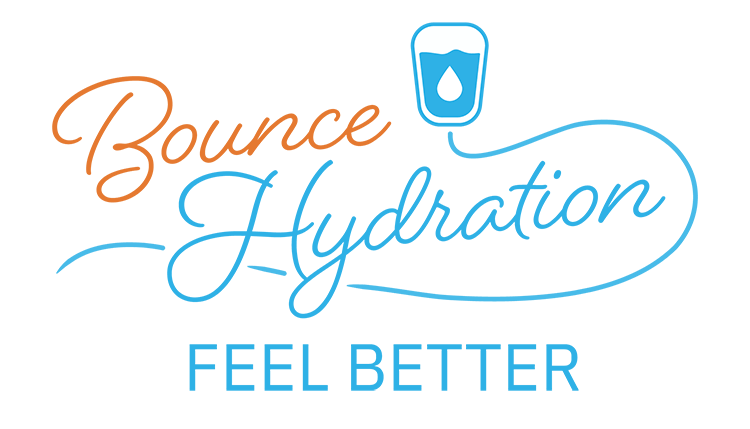Stimulate Your Mind and Renew Your Body with a NAD Drip or Injection
NAD, or nicotinamide adenine dinucleotide, is a coenzyme your body needs to power itself sufficiently. NAD is essential for overall cellular energy production and improves your overall quality of life by repairing DNA cells and cleansing the mitochondria for optimal energy. When your cells live longer you have clearer skin, thicker hair, mental clarity, better sleep cycles, less brain fog and age more gracefully.
As we age our body’s NAD levels naturally decline. And even the healthiest person slightly deficient in NAD can feel tired and sluggish. Restore your NAD levels with NAD Therapy and experience the benefits for yourself. There’s no reason to go at half speed when the turbo button is right here.
EVEN MORE BENEFITS OF NAD DRIPS AND INJECTIONS
Aging is more than years passing on the calendar. Biologically speaking, it’s the accumulation of damage at the cellular level — especially to DNA. NAD is a super effective therapy for longevity and anti-aging and bears a host of other benefits.
- Clear brain fog and improve mental clarity
- Rejuvenate metabolic function
- Support healthy energy levels
- Sharpen memory and concentration
- Reduce pain and inflammation
- Boost athletic performance and muscle endurance
- Curb unhealthy cravings or addictive behaviors
- Help regulate sleep cycle
- Cellular detox
- Strengthen the immune system
- Promote healthy cholesterol and blood pressure
- Stimulate circulation by facilitating nitric oxide production
- Enable the production of neurotransmitters like dopamine, serotonin, and noradrenaline combatting depression, anxiety and PTSD.
If the benefits of a NAD+ Drip or Injection could improve your well-being, then schedule yours now by clicking the button below!
NAD Drip
(250 mg)
Restore your NAD levels today. Package pricing available.
--- INGREDIENTS ----
Saline | NAD (250 mg)
NAD Drip
(500 mg)
Take your NAD Drip to the next level. Package pricing available.
--- INGREDIENTS ----
Saline | NAD (500 mg)
NAD Drip
(100 mg)
New to NAD? You can start with a 100 mg drip or add it to a Myers Drip.
--- INGREDIENTS ---
Saline | NAD (100 mg)
NAD
Injection
Limited on time? NAD injections take half the time and still provide
great benefits.
--- INGREDIENTS ---
NAD (50 - 100 mg)
NAD 1000 mg is also available. Call us for details!

